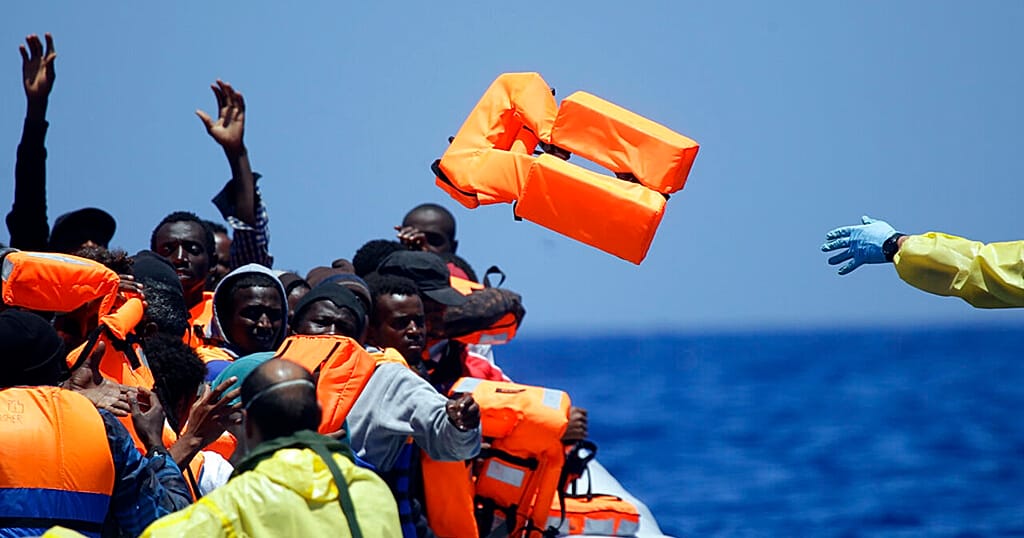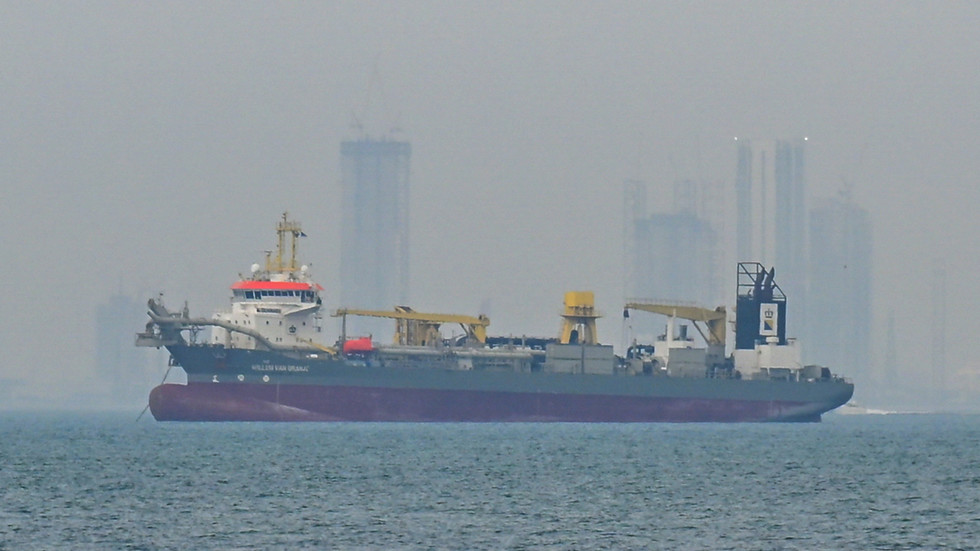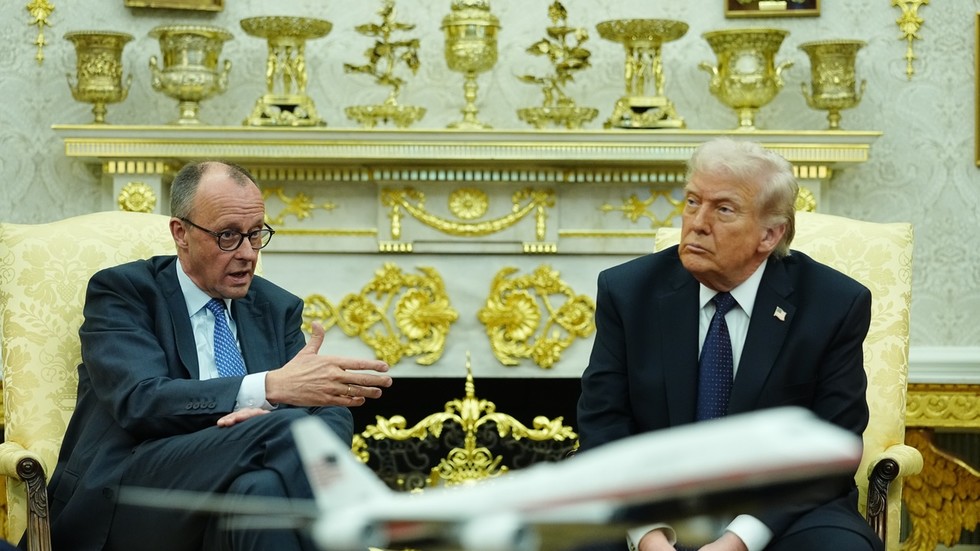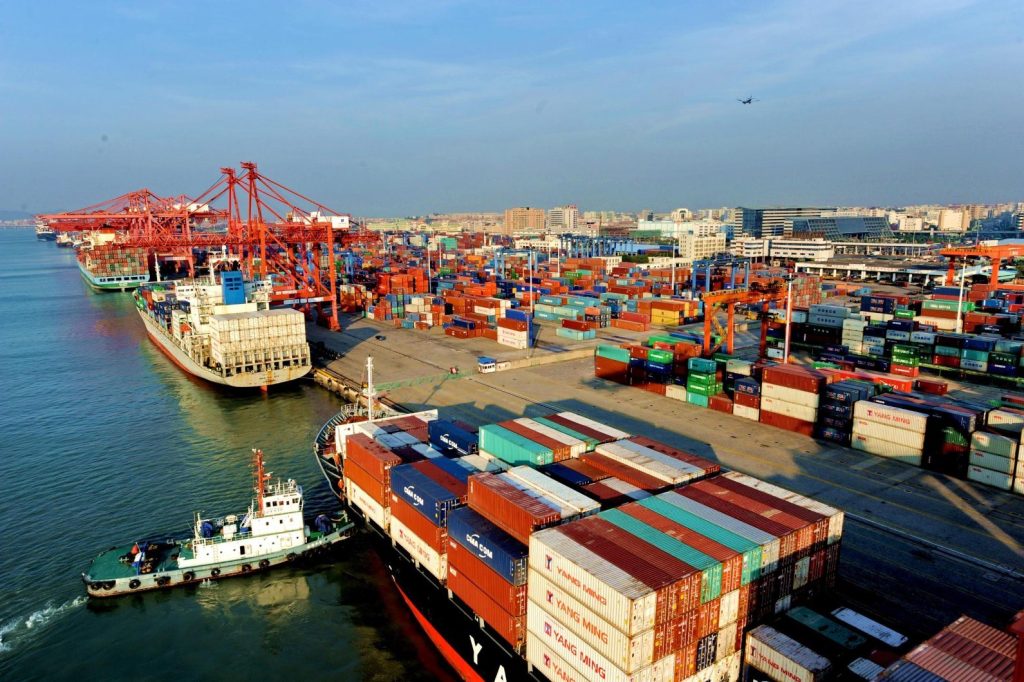Rwanda Withdraws from Economic Community of Central African States Amid Tensions with DRC
In a surprising move, Rwanda announced its departure from the Economic Community of Central African States (ECCAS) on Saturday, marking a significant shift in the country’s regional affiliations. The decision came on the same day as the latest ECCAS summit, where tensions between Rwanda and the Democratic Republic of Congo (DRC) reached a boiling point.
According to a statement released by the Rwandan government, "Rwanda deplores the instrumentalisation of the Economic Community of Central African States by the DRC." The statement further emphasized that Rwanda’s right to the rotational presidency, as outlined in article 6 of the treaty, was deliberately ignored to impose the DRC’s demands. This deviation, the statement claimed, was evident at the 26th Summit in Malabo, where Rwanda was initially set to take the presidency.
The situation escalated when officials from the DRC allegedly stated that they would be unable to attend a summit in Rwanda, prompting the presidency to be conferred to Equatorial Guinea, which has already presided over the organization for the past year. This development is the latest in a series of tensions between Rwanda and the DRC, which have been engaged in months of military clashes between DRC forces and the Rwandan-backed M23 militia in eastern Congo.
The ECCAS, previously comprising eleven member states including Angola, Burundi, Cameroon, and others, aimed to promote economic cooperation and integration in Central Africa. Rwanda’s withdrawal from the organization marks a significant setback for regional cooperation and may have far-reaching implications for the economic and political landscape of Central Africa.
As the region navigates these complex tensions, it remains to be seen how Rwanda’s departure from ECCAS will impact the country’s relationships with its neighbors and the broader regional economy. One thing is certain, however: the move underscores the deep-seated tensions between Rwanda and the DRC, which continue to simmer in the aftermath of military clashes and diplomatic spats. As the international community watches, the hope is that a path to reconciliation and cooperation can be found, one that prioritizes the economic and social well-being of the people of Central Africa.



